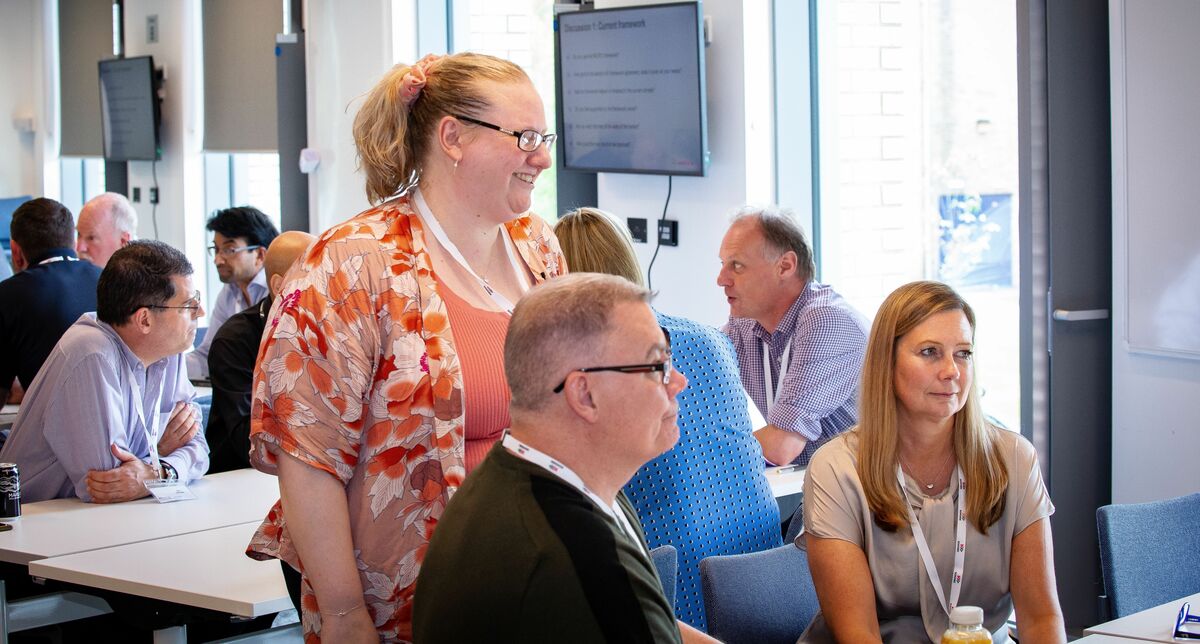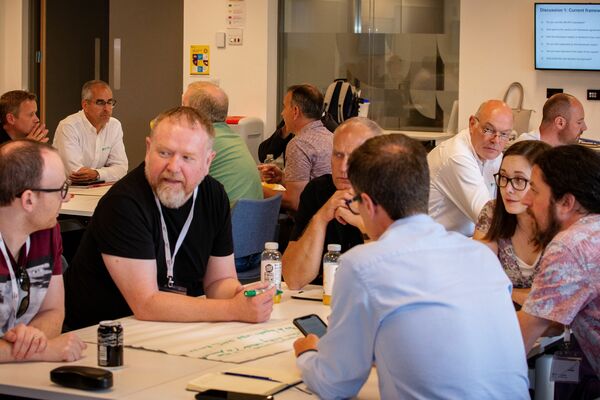
Facilitator Leighann Carlton of the University of Leicester said the exercise aimed to evaluate how procurement worked and identify ways it could be improved.
Leighann – who is IT & Telecoms, Audio Visual and Library Services Category Manager at Leicester – has now produced a report on the feedback she got from questions she posed about current frameworks and how users saw the future regarding supply, prices, skills, resource and planning.
Procurement in the Current Climate 2022 Workshop Report
One of her conclusions was that framework agreements continued to be a useful procurement route for Audio Visual (AV), with due diligence carried out as part of putting the agreement in place, which freed up resource for carrying out more tenders.
“However, there were concerns that the framework which was put in place in 2020 was ambiguous in its lotting structure leaving universities to decide on the boundaries for using the small or large project lots which caused some difficulties for those without the expertise in-house to do so.”
She added that, although the lots were split geographically, some people said their preferred local suppliers were not on the framework which meant they went outside of it.
“It was noted that the varied use of frameworks also led to a fair number of non-compliant call-offs, and there is certainly room for better educating AV specialists / buyers in how to use them.”
Leighann recommended a survey of AV colleagues when the next iteration of the framework was due to understand how they wanted the framework to operate and whether specialist lots were required.
“Also, before the framework is live, hold a few webinars on how the framework will operate and specifically target AV colleagues as well as procurement,” she suggested.
She picked up a feeling from the workshop that frameworks should be better managed with the NEUPC needing to have more communication with buyers and suppliers alike.
“I would recommend a light touch marketing campaign by all purchasing consortia to remind people of the frameworks available, the communication channels available to them such as UKUPC Market Insights, newsletters and category groups and the need to re-sign up to or make sure they are subscribed to receive the information.”
Leighann said there were still concerns around capacity within the AV industry for the HE sector as financial year-ends fell ‘at the same and only time’ where installations could realistically take place.
“This can see some institutions panic buying which puts additional pressure on integrators already spread thin when trying to complete refurbishment works,” she said.
The full version of Leighann’s report is also being submitted to the UK Purchasing Consortium to help influence future frameworks.



